
 Dr. Mike Evans
Dr. Mike Evans
Dr. Mike Evans is a professor of family medicine at the University of Toronto who built a mini-med school for the public and then one on YouTube. He was recruited to Apple eight years ago where he has been designing better life experiments for their one-billion users and was assistant captain of their hockey team. He is now taking a gap year.
Health Education is Dead. Long Live Health Education.
Dr. Evans will be reflecting on his experiences in front-line medicine, building a med school for the public, and at Apple, to summarize how educating the public is at a crossroads. This will include the failure of big medicine, the double-edged sword of influencers, wearable archetypes and the emergence of generative AI. The focus will be on public health education and chronic disease self-management, and will touch on the convergence of dashboards, stories, social, games and making it easier to do the right thing.
Learning Objectives:
Attendees will learn about creative and effective ways to educate patients and raise health literacy. For example:
- How to capitalize on wearables for teachable moments
- How to combine storytelling and notifications to improve outcomes
- Starting your own studio
CONCURRENT WORKSHOPS
Enhancing Inclusion with Generative AI »
Goldie Feldman and Family Lecture Theatre Lecture Theatre, M6502
This workshop is focused on integrating inclusive pedagogy with generative AI in modern education. Participants will explore key frameworks like Universal Design for Learning and Community of Inquiry, and examine the challenges and limitations of using GenAI to foster equitable learning environments.
Learning Objectives:
- Explore the purpose and importance of inclusive pedagogy
- Define and demonstrate the application of the inclusive pedagogy frameworks: Universal Design for Learning and Community of Inquiry
- Review the challenges and limitations of GenAI
Facilitators:
Krystle Phirangee, PhD
Senior Educational Developer – Lead Assessment & Digital Learning, The Centre for Teaching and Learning, UTSC
Lecturer, Ontario Institute for Studies in Education
Cheryl Lepard, MEd
Educational Developer, Universal Design for Learning
The Centre for Teaching and Learning, UTSC
Integrating AI into your Teaching Practice »
McLaughlin Lecture Hall, EG61
This workshop is designed for health-care educators who are interested in exploring the use of artificial intelligence tools in teaching and enquiry. Participants will try several AI productivity and discovery tools and discuss how to apply them in their own practice. No prior knowledge of AI is required. Please bring your laptop or device.
Learning Objectives:
- Explore AI Productivity Tools: Participants will learn about various AI tools such as CoPilot and SlidesGPT and how these tools can be utilized to assist or streamline creating lesson plans and presentations.
- Test Drive AI Discovery Tools: Participants will be introduced to RAG AI discovery tools such as Perplexity, Elicit, Litmaps, Consensus and Undermind, having the opportunity to test and assess their functionality, reliability and usability.
- Consider Ethical Implications of AI: Participants will examine the ethical considerations and potential challenges associated with using AI in education, including data privacy, bias and the importance of maintaining human oversight in AI-driven educational tools.
Facilitators:
Erica Nekolaichuk
Faculty Liaison and Instruction Librarian
Gerstein Science Information Centre, University of Toronto Libraries
Emma Wilson
Librarian/Information Specialist, Library Services
Sunnybrook Health Sciences Centre
Workshop content prepared with Heather Cunningham, M.Sc., MLIS, Assistant Director, Research & Innovation Services, Gerstein Science Information Centre, University of Toronto.
Microlearning Workshop: New Strategies and AI Tools for Today’s Learning Needs
Harrison Hall, EG21
In today's dynamic work landscape, striking a harmonious equilibrium between essential learning and the ever-mounting demands of your workload can be a formidable task. Join us as we delve into the transformative realm of microlearning, a powerful methodology designed to empower you with the ability to disseminate intricate information in easily digestible segments, all while accommodating your learners' individual schedules and preferences. Discover how microlearning can enhance knowledge retention and drive performance excellence in today’s learning environment with compliment of AI tools.
Learning Objectives:
At the end of this workshop, participants should be able to:
- Define microlearning and microteaching
- Summarize best practices for microlearning
- Explore and apply various microlearning strategies and associated AI tools
Facilitators:
Susan DeSousa, BSc, RRT
Simulation Educator
Sunnybrook Canadian Simulation Centre
Matthew Villagonzalo
eLearning Designer and Learning Management Administrator
Sunnybrook Health Sciences Centre
Agnes Ryzynski
Director of Sunnybrook Canadian Simulation Centre, Library Services and Sunnybrook Archives
Tarsila da Cruz
Manager, Sunnybrook Canadian Simulation Centre & Library Services
Getting Started in Medical and Health Professions Education Research and Scholarship »
David Leslie Conference Room, C103
This workshop is a primer for clinician teachers and education leads who have a scholarly interest in education and are beginning to engage in education research or scholarship projects. It aims to foster appreciation of education science, inspire scholarly activities among participants, engage in exploratory discussion about AI use in education research/scholarship, and help understand the resources available at Sunnybrook to support their scholarly journey.
Learning Objectives:
- Define education research and scholarship
- Understand how to start to make their education work more scholarly
- Reflect on the benefits and concerns of utilizing AI tools within an education research/scholarship project
- List the various resources available at Sunnybrook that can help enhance their scholarly practice
Facilitators:
Dr. Csilla Kalocsai, MPhil
ACMS Professor in Education Research and Scientist, Sunnybrook Research Institute
Associate Director, Sunnybook Hub for Applied Research in Education, Sunnybrook Health Sciences Centre
Assistant Professor, Department of Psychiatry, University of Toronto
Cross-appointed Graduate Faculty, Department of Anthropology, University of Toronto
Cross-appointed researcher, The Wilson Centre, University of Toronto and University Health Network
Collaborator Scientist, CAMH
Catherine Devion
Librarian/Information Specialist, Library Services
Sunnybrook Health Sciences Centre
Lisa Di Prospero, BSc MSc MRT(T)
Director, Practice-Based Research and Innovation (PBRI)
Director, Sunnybrook Hub for Applied Research in Education (SHARE)
Vice Chair, Research Ethics Board
Productive Mistrust: Navigating the Challenges of Human-AI Teaming in Health Care »
Organizational Development Room, E110
AI is poised to transform care, but concerns persist about biases embedded in these systems that negatively affect marginalized groups. To address these issues, there’s been a surge of interest in ‘Fair-AI,’ which seeks to ‘de-bias’ algorithms by modifying training data, system configurations, or outputs (e.g., predictions). While these techniques offer value, they cannot fully address the social and political causes of biased predictions. A more promising approach is the growing movement toward reconceptualizing AI as a ‘teammate’ rather than a tool (i.e., human-AI teaming). These efforts reimagine AI-based systems as a reflexive aid for physicians, augmenting decision-making by offering additional information rather than automating tasks.
This workshop examines the notion of ‘human-AI teaming’ and the ways it might lead to better decision-making, improved patient outcomes and patient-centered practices. Attendees will identify the limitations of current approaches to Fair AI, examine some key social and technical considerations that might support effective human-AI teaming (e.g., cognitive forcing) and brainstorm ways to support effective teaming in health care.
Learning Objectives:
- Identify the current limitations to ‘Fair-AI’ or technical approaches to de-biasing model predictions
- Explore key social and technical considerations that might promote effective teaming
- Develop strategies to support human-AI teaming for interprofessional health teams.
Facilitators:
Dr. Laura Sikstrom
Scientist, CAMH
Dr. Marta Maslej
Scientist, CAMH
With: Dr. Andrew Lee, Clinician Scholar, Dept of Psychiatry, University of Toronto; Shrika Vejandla, T-Cairem AI in Medicine Summer Studentl; Aksharaa Ray
RAPID FIRE RESEARCH TALKS
Female Pelvic Examination Training and Assessment via an Augmented Reality System: A Pilot Study with System Development and Evaluation of its Utility as a Teaching Tool
Dr. Dini Hui, MD, FRCSC
Obstetrics and Maternal Fetal Medicine
Assistant Professor in the Department of Obstetrics and Gynaecology, University of Toronto
2SLGBTQ+ Pregnancy Care: Training for Family Medicine Residents and Faculty
Dr. Robyn Moxley, MD, CCFP, MPH
Sunnybrook Veterans Centre
Academic Co-Lead Family Practice Obstetrics
Supporting Evaluation Capacity: Co-creation of a Logic Model in the Transition Mentorship Program
Kimberly Lawrence
Advanced Practice Nurse, Interprofessional Practice – Special Projects
SPEAKERS & WORKSHOP FACILITATORS
 Heather Cunningham, MSc, MLIS
Heather Cunningham, MSc, MLIS
Heather is the Assistant Director for Research & Innovation Services at the Gerstein Science Information Centre at the University of Toronto. She has over 25 years of experience in health sciences librarianship. Her areas of professional expertise and research interest are in science communication and engagement, scholarly communication & research impact, leadership and green strategies for academic libraries.
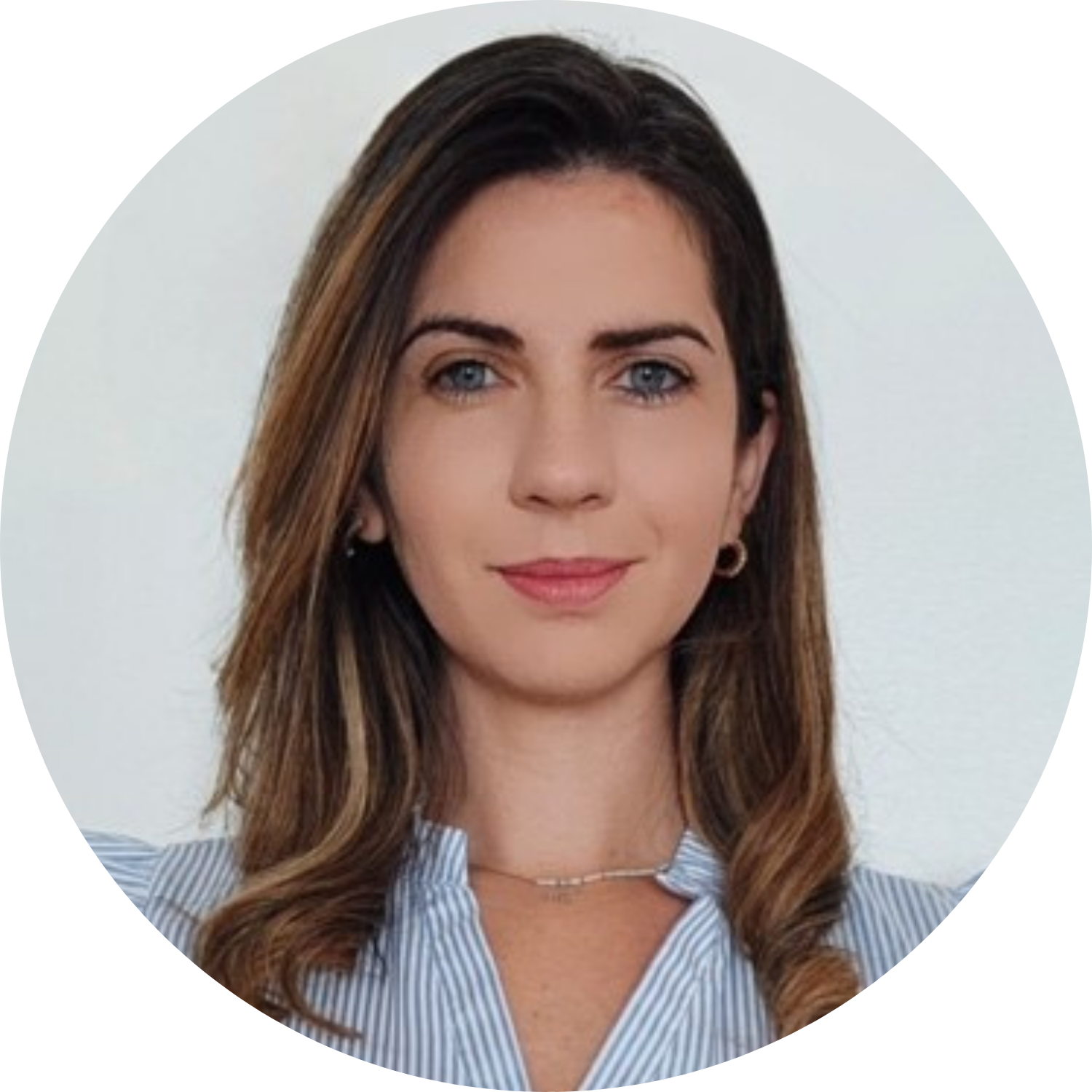 Tarsila da Cruz
Tarsila da CruzTarsila is the Manager of Sunnybrook Canadian Simulation Centre & Library Services. With nine years of experience in adult education, specializing in simulation and immersive learning, Tarsila’s focus includes faculty development, building high-performing teams using simulation, patient safety, quality improvement and innovation in education. Tarsila’s interests include knowledge acquisition and translation, health literacy, risk management, analytics and systems development.
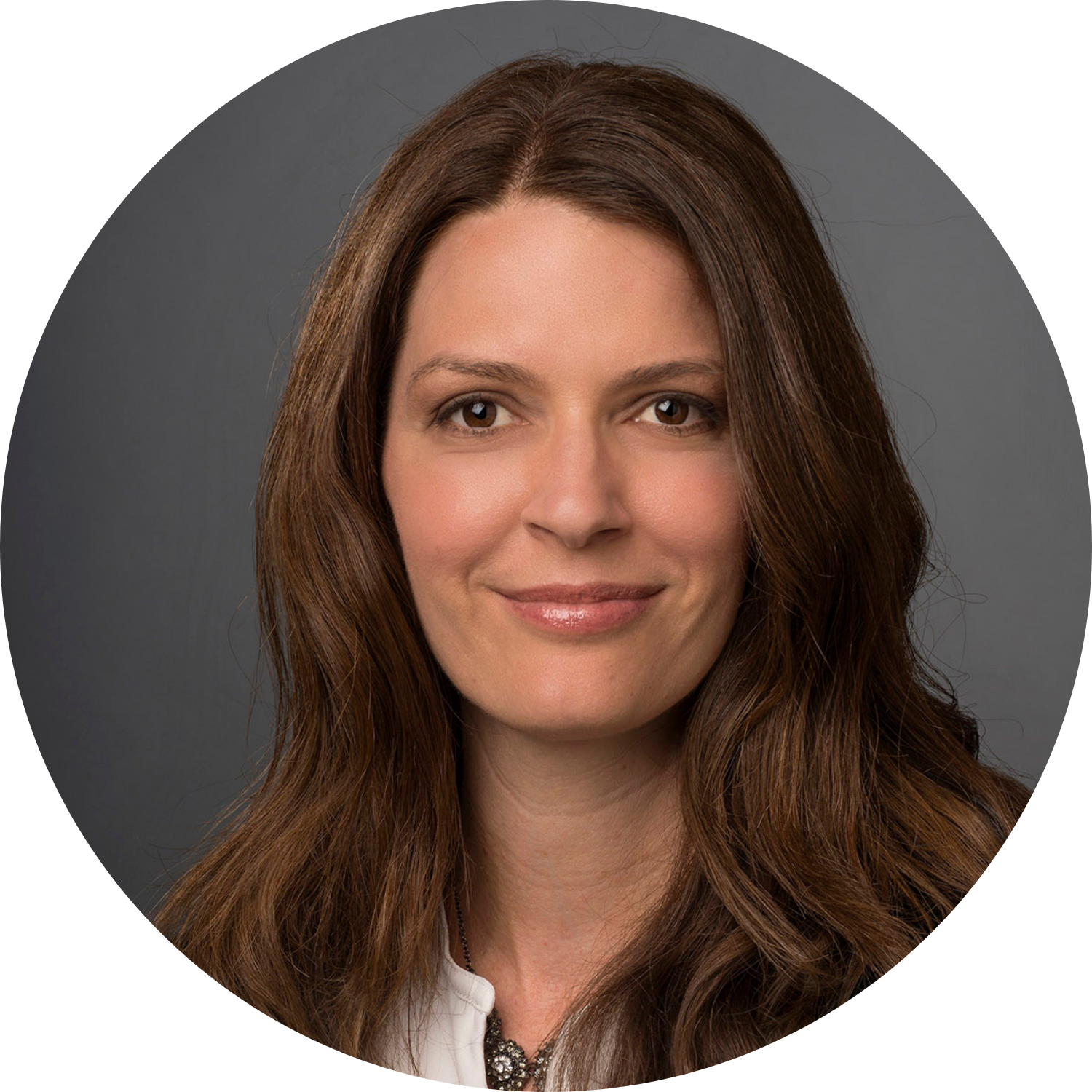 Susan DeSousa, BSc, RRT
Susan DeSousa, BSc, RRTSusan is a simulation educator with the Sunnybrook Canadian Simulation Centre. Susan has 21 years of simulation experience and over 11 years of clinical experience as a registered respiratory therapist in the areas of critical care, research, burn care and the operating room. Susan’s focus is advocating and advancing excellence in simulation education to support quality and safety in our health-care system. Susan’s simulation interests include building high performing teams, systems design, process improvement and faculty development.
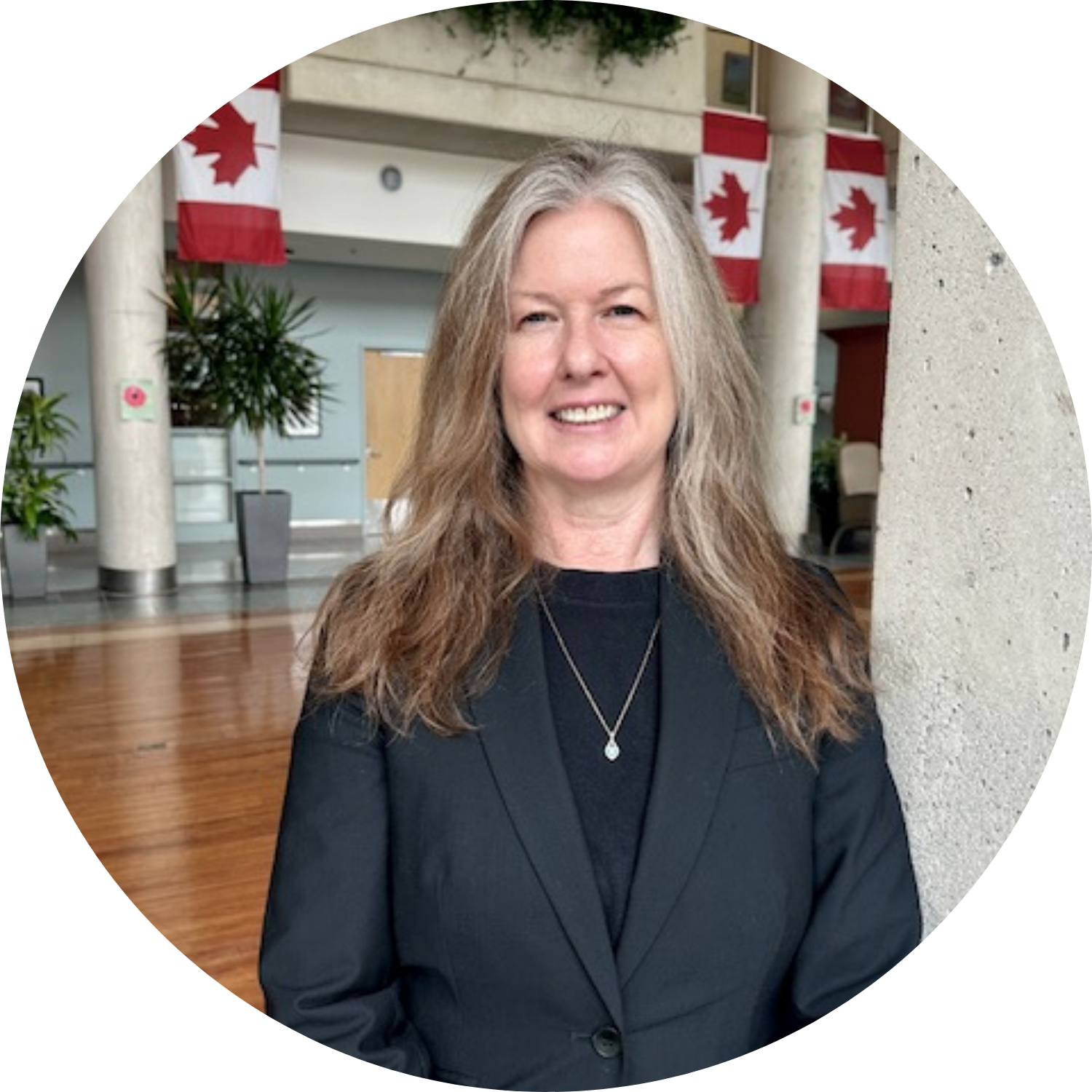 Catherine Devion
Catherine DevionCatherine has experience serving library users in sectors including the biopharmaceutical industry, academia and health-care professional regulation. Some of Catherine’s projects include the development of a code of conduct for nurses in the province and the regulator’s response to a public inquiry on long-term care. Catherine is passionate about teaching information literacy skills, and collaborating on knowledge synthesis projects to support evidence-based decision-making in health care.
 Lisa Di Prospero, BSc MSc MRT(T)
Lisa Di Prospero, BSc MSc MRT(T)Lisa is the Director for Practice-Based Research and Innovation & the Education Research Unit at Sunnybrook and is an assistant professor in the department of radiation oncology and associate member in the Institute of Medical Sciences at the University of Toronto. Throughout her professional career, Lisa has held a number of appointments in both research and education, and she continues to teach at both the undergraduate and graduate level. Lisa is currently completing her doctoral studies at the University of Toronto's Institute for Health Policy, Management and Evaluation in the Health Services Research.
 Dr. Csilla Kalocsai, MPhil
Dr. Csilla Kalocsai, MPhilCsilla is a cultural anthropologist and holds the ACMS Professorship in Education Research at Sunnybrook. Her research program explores power and social justice in health professions education and care, and includes service user/patient involvement in health professions education, harm reduction education for service users and health professionals, and anti-racism education in academic hospitals. Her work has been published in various journals, including Advances in Health Sciences Education: Theory and Practice, BMJ Open, Canadian Journal of Anesthesia, Academic Psychiatry, and BMC Health Services Research.
 Cheryl Lepard, MEd
Cheryl Lepard, MEd Cheryl has extensive experience designing accommodation and return-to-work plans for individuals with disabilities. Cheryl’s roles have included working as a vocational evaluator and WSIB case manager for several private companies, and as a disability consultant at the University of Toronto. She currently works as an educational developer in Universal Design for Learning at U of T supporting professors in enhancing accessibility in their courses, including integrating generative AI in teaching and learning.
 Dr. Anne Martel
Dr. Anne MartelDr. Martel is a Senior Scientist in the Physical Sciences platform at Sunnybrook Research Institute and the Tory Family Chair in Oncology. She is also a Vector Faculty Affiliate. Her research program is focused on medical image and digital pathology analysis, particularly on applications of machine learning for segmentation, diagnosis, and prediction/prognosis. In 2006, she co-founded Pathcore, a software company developing complete workflow solutions for digital pathology.
 Erica Nekolaichuk, MA, MLIS
Erica Nekolaichuk, MA, MLISErica is an instructional librarian with the Gerstein Science Information Centre at the University of Toronto. Prior to arriving at Gerstein, Erica worked in continuing medical education and as a solo hospital librarian at the Cross Cancer Institute in Edmonton. Through her experience in hospital and academic health science libraries, she has been involved in a number of systematic and scoping reviews and has provided expert searching and systematic review training for clinicians, students and researchers. Erica also teaches a course in the Faculty of Information called Evidence-Based Healthcare for Librarians.
 Krystle Phirangee, PhD
Krystle Phirangee, PhDKrystle is a senior educational developer and Lead, Assessment and Digital Learning at the University of Toronto Scarborough and a lecturer at OISE. She holds a BA in Sociology, a BEd and an MEd in Educational Technology from York University. Her PhD from OISE focused on inclusive pedagogy and online learning. With a strong publication record and experience as a journal reviewer, her research centers on inclusive pedagogy, fostering community and enhancing student interactions in online learning environments.
 Agnes Ryzynski
Agnes RyzynskiWith 30 years of clinical experience as a respiratory therapist and anesthesia assistant, Agnes focuses are health-care leadership, simulation-based innovation, interprofessional team communication initiatives and research, quality improvement and risk management. Holding a Master of Health Science in Translational Research from the University of Toronto, she's a dedicated health-care leader and appointed researcher at Sunnybrook. Agnes conducts workshops across North America, blending her design-thinking background to create sustainable health-care interventions.

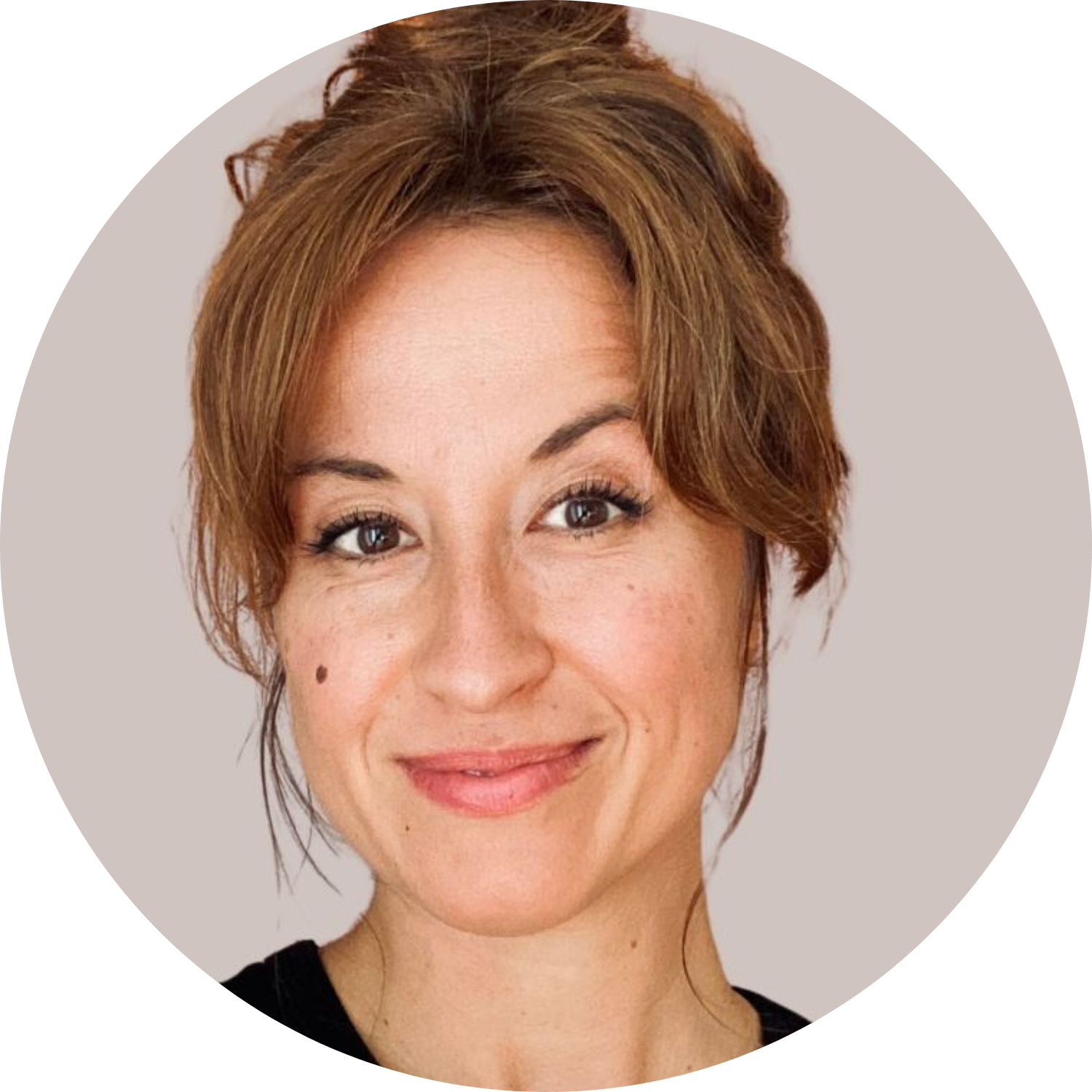
Dr. Laura Sikstrom & Dr. Marta Maslej
Drs. Laura Sikstrom and Marta Maslej are scientists and co-leads of the Predictive Care Lab at the Centre for Addiction and Mental Health. As an interdisciplinary research team, they explore the interplay between AI, health service delivery and social justice. Much of their current work explores the notion of 'human-AI teaming' by combining their social and technical expertise to identify it’s key properties and analyze its potential for refiguring how we develop, design and interact with our future AI-based 'teammates.'
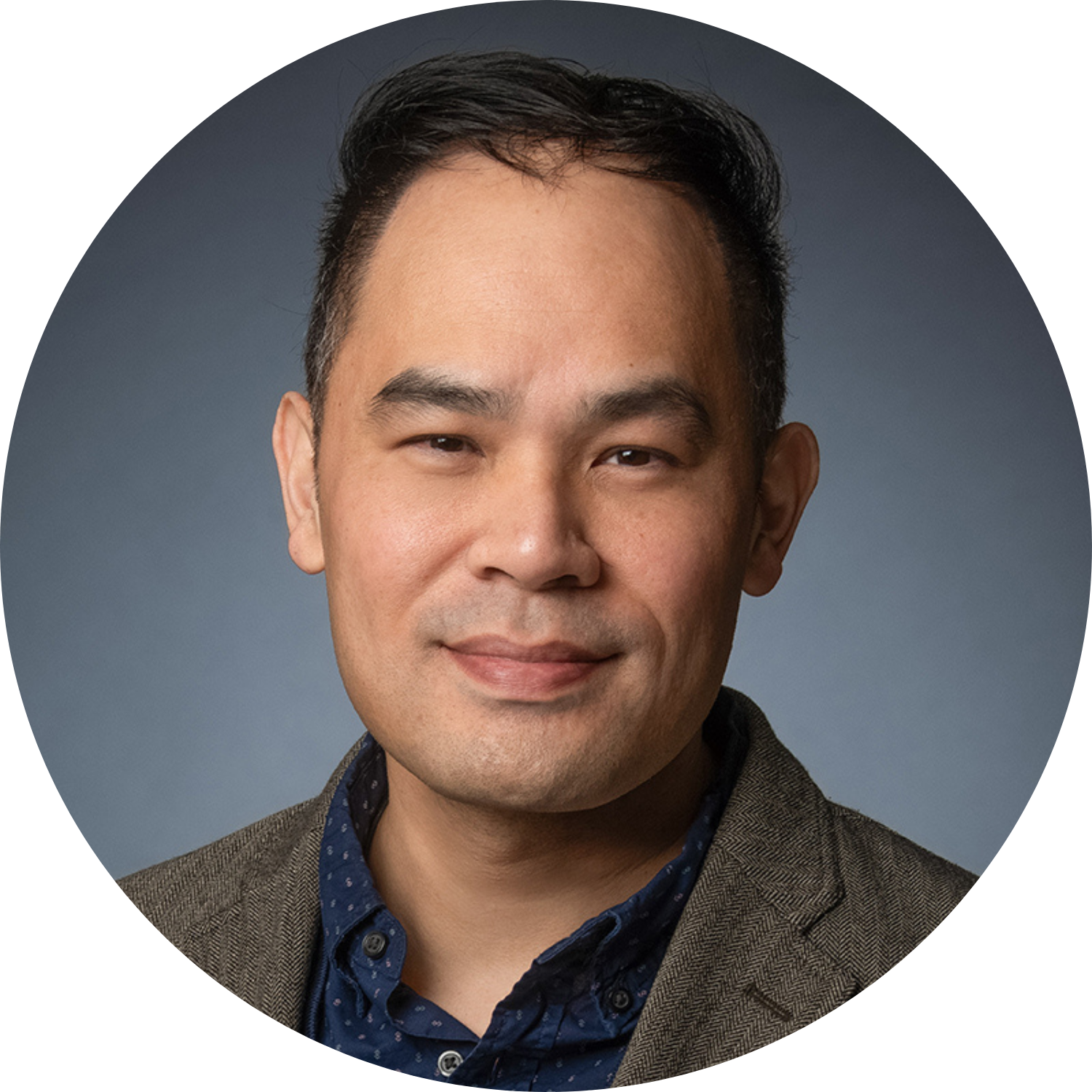 Matthew Villagonzalo
Matthew VillagonzaloMatthew is an e-learning designer and learning management system administrator at Sunnybrook, and is also deeply involved with supporting his team at Organizational Development & Leadership. Prior to this role, Matthew worked as a graphic designer and in patient photography at UHN for over 15 years.
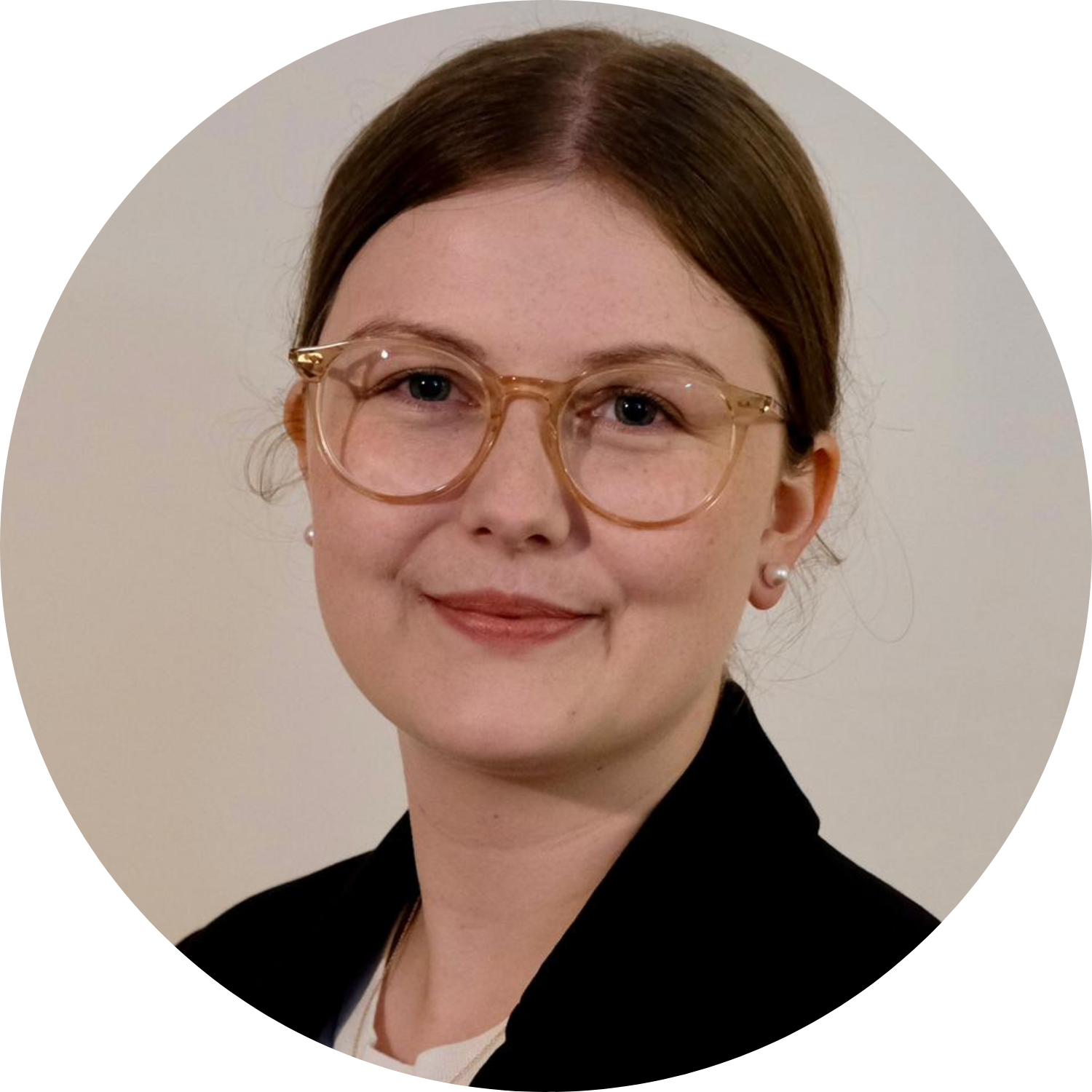 Emma Wilson, MLIS
Emma Wilson, MLISEmma is a librarian/information specialist with a MLIS degree from Western University. Working in academic research, federal government and public health settings has created a diverse perspective that has allowed her to utilize her hands-on experience to support staff and students across their research journey. Through her expert searching and customized tutorials/consultations, Emma contributes to the depth and breadth of Sunnybrook’s academic output. She is particularly passionate about inspiring and supporting emerging researchers to advance their skills and make new breakthroughs in their research.
In partnership with


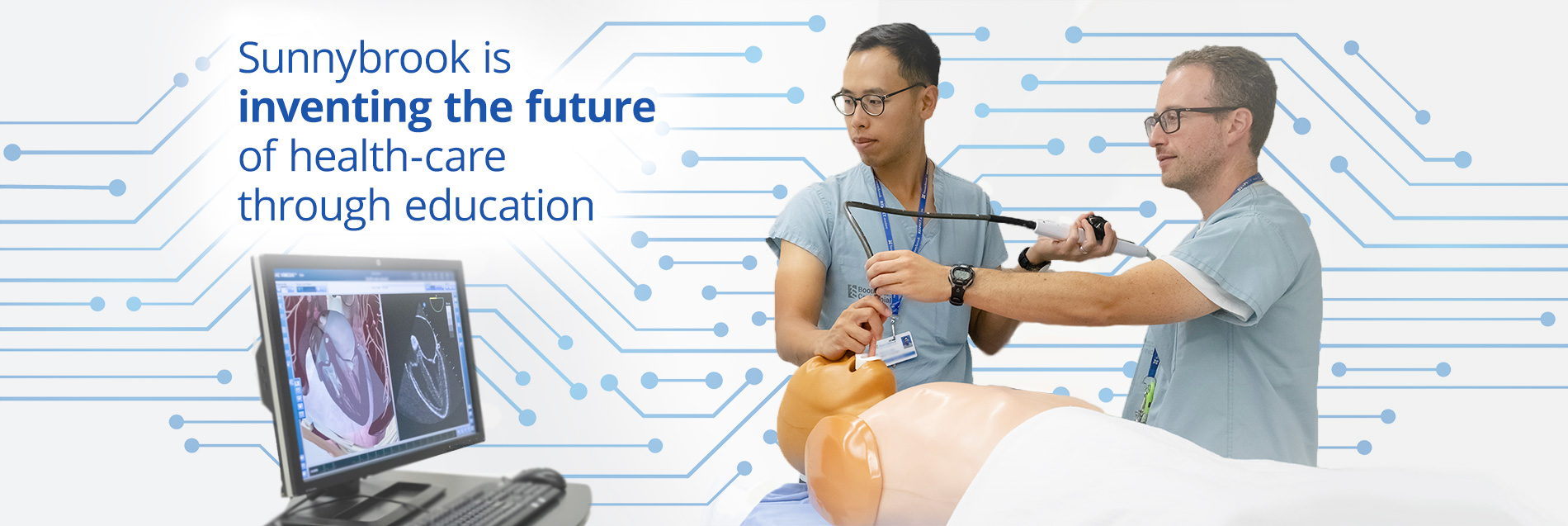
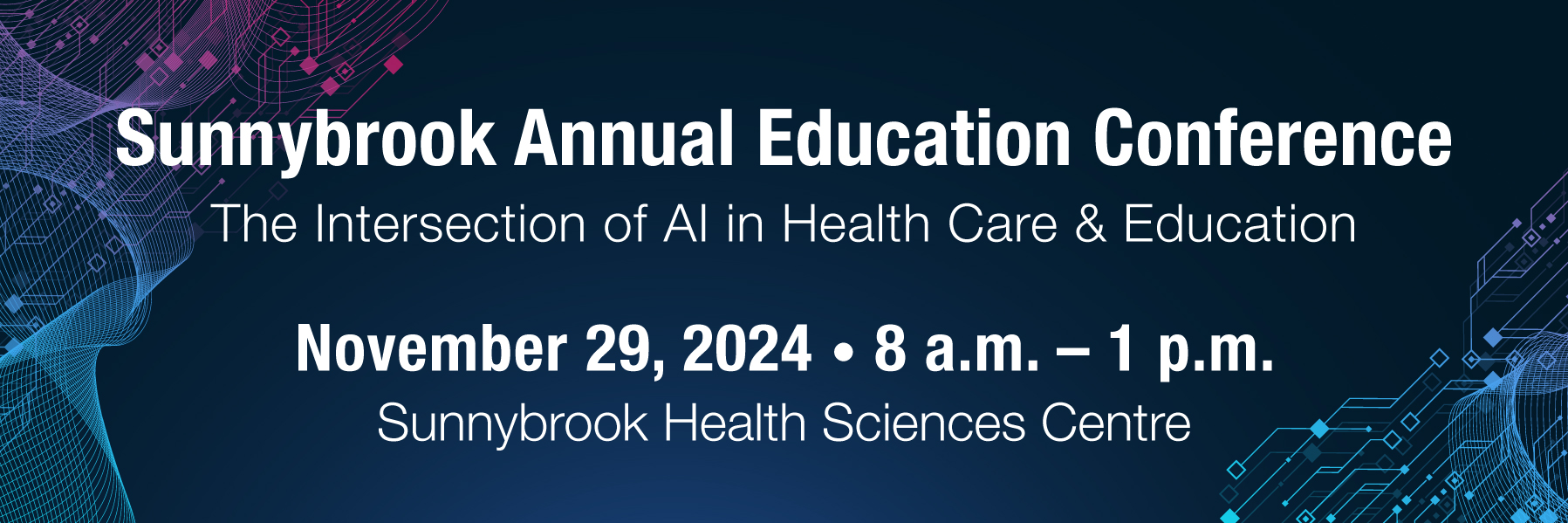
 Dr. Muhammad Mamdani
Dr. Muhammad Mamdani
